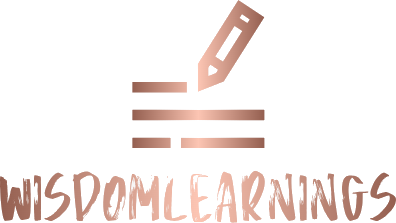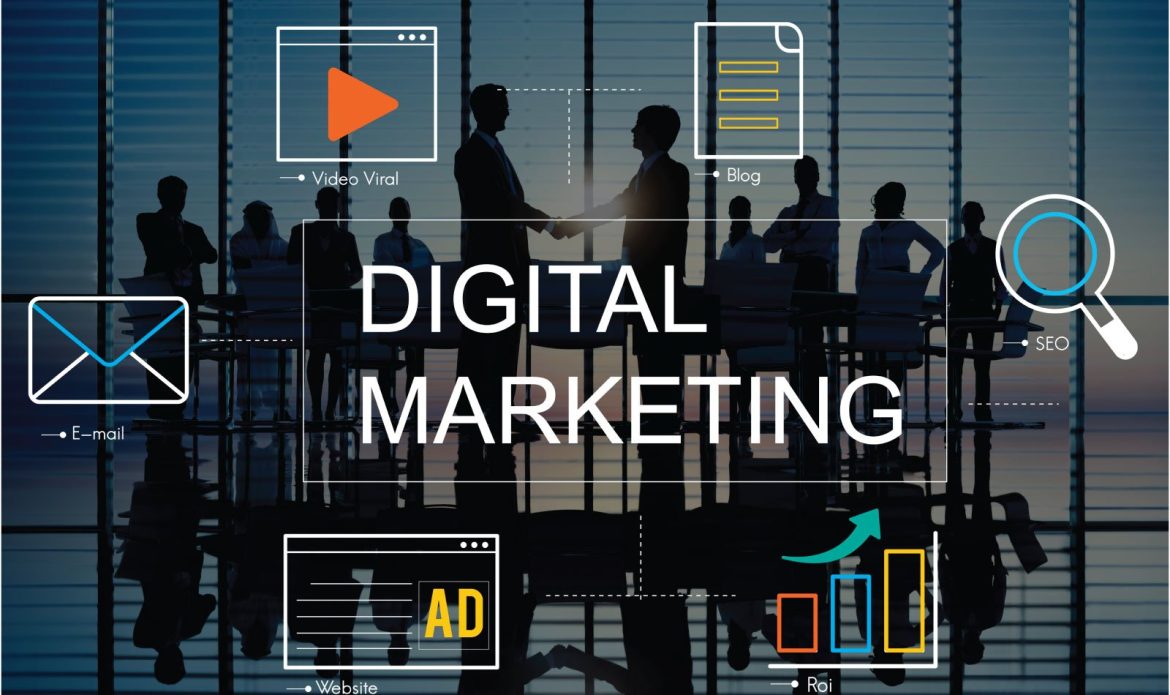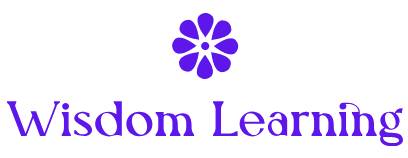Table of Contents
Digital marketing has become an essential aspect of modern business, transforming the way companies connect with their audiences. As the internet and digital technologies have evolved, so too has the landscape of marketing. What was once dominated by traditional methods such as print, radio, and television advertising has now expanded into a vast array of digital channels that offer unprecedented opportunities for targeting, engagement, and measurement. This article will explore the world of digital marketing, examining its core strategies and the benefits it offers to businesses of all sizes.
Understanding Digital Marketing
Digital marketing refers to the use of digital channels, such as search engines, social media, email, and websites, to promote products, services, or brands. Unlike traditional marketing, digital marketing allows businesses to interact with their target audience in real-time and tailor their messages to specific consumer segments. The digital landscape is constantly evolving, with new platforms, technologies, and trends emerging regularly, making it a dynamic and challenging field.

Core Strategies in Digital Marketing
1. Search Engine Optimization (SEO)
SEO is the practice of optimizing a website to rank higher in search engine results pages (SERPs). The goal of SEO is to increase organic (non-paid) traffic to a website by improving its visibility when users search for relevant keywords. SEO involves a variety of tactics, including keyword research, on-page optimization (e.g., optimizing meta tags, headers, and content), off-page optimization (e.g., building backlinks), and technical SEO (e.g., improving site speed and mobile-friendliness).
The benefits of SEO are long-term, as a well-optimized website can continue to attract traffic over time without ongoing advertising costs. However, SEO is a competitive field, and achieving top rankings requires continuous effort and adaptation to search engine algorithm updates.
2. Content Marketing
Content marketing involves creating and distributing valuable, relevant, and consistent content to attract and engage a target audience. The goal is to build trust and authority, ultimately leading to customer conversions. Content marketing can take many forms, including blog posts, articles, videos, infographics, podcasts, and ebooks.
Effective content marketing focuses on understanding the needs and interests of the target audience and delivering content that addresses those needs. By providing helpful and informative content, businesses can position themselves as thought leaders in their industry and nurture relationships with potential customers over time.
3. Social Media Marketing
Social media marketing involves using social media platforms, such as Facebook, Instagram, Twitter, LinkedIn, and TikTok, to promote a brand, engage with customers, and drive traffic to a website. Social media marketing can include organic (unpaid) content, such as posts, stories, and videos, as well as paid advertising, such as sponsored posts and targeted ads.
One of the key advantages of social media marketing is its ability to create a direct and interactive relationship with customers. Businesses can engage with their audience through comments, messages, and live interactions, building a community around their brand. Social media also offers sophisticated targeting options, allowing businesses to reach specific demographics, interests, and behaviors.

4. Pay-Per-Click (PPC) Advertising
PPC advertising is a digital marketing strategy where advertisers pay a fee each time their ad is clicked. PPC ads can appear on search engines (e.g., Google Ads), social media platforms, and other websites. The most common form of PPC advertising is search engine advertising, where ads appear at the top of search engine results for specific keywords.
PPC offers immediate visibility and can be highly effective for driving targeted traffic to a website. Advertisers can set a budget and control their spending, making it a flexible and scalable option. However, PPC can be costly, especially in competitive industries, and requires careful management to ensure a positive return on investment (ROI).
5. Email Marketing
Email marketing involves sending targeted messages to a list of subscribers via email. It is a powerful tool for nurturing leads, building customer relationships, and driving sales. Email marketing campaigns can include newsletters, promotional offers, product announcements, and personalized content.
One of the key benefits of email marketing is its ability to deliver personalized and relevant content directly to the inbox of the recipient. With segmentation and automation tools, businesses can tailor their messages based on customer behavior, preferences, and purchase history. Email marketing also offers a high ROI, as it is relatively low-cost compared to other digital marketing strategies.
6. Affiliate Marketing
Affiliate marketing is a performance-based strategy where businesses reward affiliates (partners) for driving traffic or sales through their marketing efforts. Affiliates can promote products or services through various channels, such as blogs, social media, or email, and earn a commission for each sale or lead generated.
Affiliate marketing allows businesses to leverage the reach and influence of others to expand their customer base. It is a cost-effective way to increase sales, as businesses only pay for results. However, it requires careful management to ensure that affiliates align with the brand’s values and reputation.
7. Influencer Marketing
Influencer marketing involves partnering with influencers—individuals with a large and engaged following on social media or other digital platforms—to promote a brand, product, or service. Influencers can create content, such as reviews, tutorials, or endorsements, that resonates with their audience and drives awareness and sales for the brand.
Influencer marketing leverages the trust and credibility that influencers have built with their followers. It can be particularly effective for reaching niche markets or younger demographics. However, it is important to choose influencers whose audience aligns with the brand’s target market and to establish clear expectations and guidelines for the partnership.
The Benefits of Digital Marketing
Digital marketing offers several key benefits that make it an indispensable part of modern business strategy:
1. Global Reach: Digital marketing allows businesses to reach a global audience, breaking down geographic barriers and opening up new markets.
2. Cost-Effectiveness: Compared to traditional marketing, digital marketing can be more cost-effective, especially for small businesses with limited budgets. Many digital marketing strategies, such as SEO and social media, offer organic reach without requiring large advertising spends.
3. Measurable Results: One of the most significant advantages of digital marketing is the ability to track and measure results in real-time. Analytics tools provide insights into campaign performance, customer behavior, and ROI, allowing businesses to optimize their strategies for better results.
4. Targeted Marketing: Digital marketing enables businesses to target specific demographics, interests, and behaviors, ensuring that their messages reach the most relevant audience.
5. Flexibility and Adaptability: The digital landscape is constantly changing, and digital marketing strategies can be quickly adapted to new trends, technologies, and consumer preferences.

The Challenges of Digital Marketing
While digital marketing offers many benefits, it also comes with challenges:
1. High Competition: The digital space is crowded, and standing out among competitors requires creativity, innovation, and a deep understanding of the target audience.
2. Constant Change: Digital marketing is fast-paced, with new platforms, algorithms, and trends emerging regularly. Businesses must stay up-to-date and be willing to adapt quickly.
3. Privacy Concerns: As data privacy regulations become stricter, businesses must navigate compliance requirements and ensure that they handle customer data responsibly.
4. Technical Skills: Effective digital marketing requires a range of technical skills, from SEO and data analysis to content creation and social media management. Businesses may need to invest in training or hire specialists to execute their strategies.
Conclusion
Digital marketing is a dynamic and powerful tool for businesses looking to grow and succeed in the digital age. By leveraging strategies such as SEO, content marketing, social media marketing, PPC, email marketing, affiliate marketing, and influencer marketing, businesses can reach and engage their target audience, drive sales, and build long-lasting customer relationships. While digital marketing presents challenges, the opportunities it offers for innovation, growth, and success are unparalleled. As the digital landscape continues to evolve, businesses that embrace and adapt to these changes will be well-positioned to thrive in the competitive global market.


